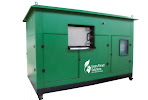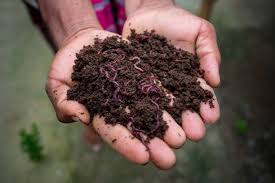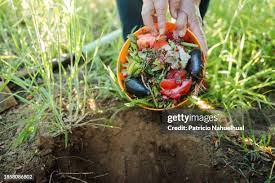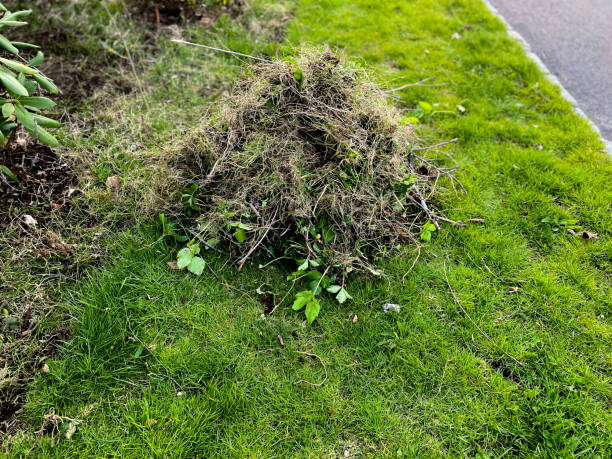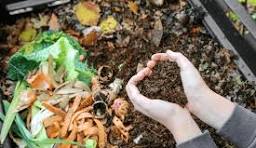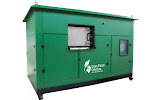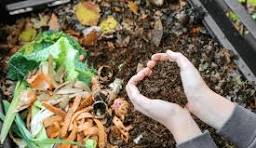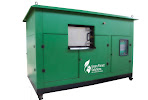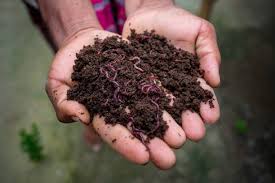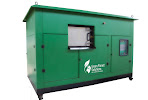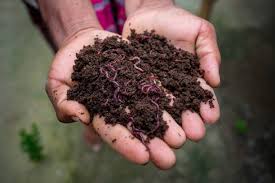ENQUIRE NOW FOR BEST COMPOSTING MACHINES IN INDIA – https://share.hsforms.com/1d12AT_oJScm8iiXbjSrEIwrh2r7
Introduction
India’s waste management landscape is changing rapidly. With overflowing landfills, rising methane emissions, and polluted urban neighbourhoods, the government has enforced strict new regulations.
In 2025, the Mandatory Composting Rules for Indian Bulk Waste Generators apply to every organisation generating more than 100 kg of wet waste per day. These rules are powerful, unavoidable, and essential for India’s sustainability future.
To stay compliant, avoid penalties, and reduce waste-handling costs, businesses must switch to on-site composting machines—a fast, clean, and eco-intelligent method endorsed by municipalities nationwide.
🏢 Who Are Classified as Bulk Waste Generators in India?
(Focus keyphrase in subheading)
As per the Solid Waste Management (SWM) Rules, Bulk Waste Generators (BWGs) include:
- Hotels & restaurants
- Housing societies (50+ flats)
- Commercial buildings
- IT parks & corporate campuses
- Schools, colleges & universities
- Hospitals & hostels
- Malls, food courts & event venues
- Factories & industrial kitchens
All of them must follow the Mandatory Composting Rules for Indian Bulk Waste Generators without exception.
ENQUIRE NOW FOR BEST COMPOSTING MACHINES IN INDIA – https://share.hsforms.com/1d12AT_oJScm8iiXbjSrEIwrh2r7
⚖️ 2025: What the Mandatory Composting Rules for Indian Bulk Waste Generators Demand
(High-SEO subheading)
The government now requires BWGs to:
1. Segregate Waste at Source
Wet, dry, sanitary and hazardous waste must be separated.
2. Treat Wet Waste On-Site Using Approved Technology
This includes:
- On-site composters
- Organic waste converters
- Aerobic bio-digesters
- High-speed composting machines
3. Stop Sending Wet Waste to Municipal Trucks
Wet waste dumping is illegal under the new rules.
4. Maintain Waste Management Records
Authorities may inspect logs at any time.
5. Avoid Burning or Dumping Waste
Heavy penalties now apply for illegal disposal.
6. Submit Proof of On-Site Composting During Audits
This is mandatory during pollution board and municipal audits.
These guidelines make the Mandatory Composting Rules for Indian Bulk Waste Generators extremely important for organisations in 2025.

🚨 Penalties for Non-Compliance (2025 Update)
Municipal bodies across India have increased fines:
- ₹5,000 per day for not processing wet waste
- ₹10,000 to ₹25,000 for repeated violations
- Suspension of trade license for hotels & restaurants
- Notices to societies under SWM Act
- Criminal charges for illegal dumping in some states
A single non-compliance report can destroy brand reputation, especially for hotels, restaurants, and residential societies.
ENQUIRE NOW FOR BEST COMPOSTING MACHINES IN INDIA – https://share.hsforms.com/1d12AT_oJScm8iiXbjSrEIwrh2r7
⚡ Why On-Site Composting Machines Are Now the Mandatory Solution
The easiest and most compliant way to meet the Mandatory Composting Rules for Indian Bulk Waste Generators is by installing a fast, automated, odour-free composting machine.
Benefits include:
- 100% compliance guaranteed
- Zero wet waste sent out
- Huge monthly savings (30–60%)
- No odour, no pests, no leachate
- Very low operation cost
- Works in 18–24 hours
This is why Green Planet Solutions Pune has become a preferred partner for organisations across India.
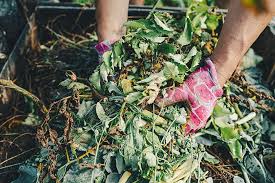
🌱 How Green Planet Solutions Pune Helps Bulk Waste Generators Stay Fully Compliant
We provide:
- Fully automatic composting machines (25 kg/day to 2,000 kg/day)
- Fast aerobic & enzymatic composting technology
- AMC, service, and operator training
- Free site assessment & compliance guidance
- Customised solutions for hotels, restaurants, societies, corporates, hospitals, campuses
Our systems are designed to meet the Mandatory Composting Rules for Indian Bulk Waste Generators across all Indian cities.
- “Mandatory Composting Rules for Indian Bulk Waste Generators – Machine Installation”
- “Green Planet Solutions Pune – Mandatory Composting Rules for Indian Bulk Waste Generators”
- “On-site composting for Mandatory Composting Rules for Indian Bulk Waste Generators”
- “Composting machine compliance under Mandatory Composting Rules for Indian Bulk Waste Generators”
- ENQUIRE NOW FOR BEST COMPOSTING MACHINES IN INDIA – https://share.hsforms.com/1d12AT_oJScm8iiXbjSrEIwrh2r7
- bulk waste generator rules 2025
- mandatory composting india
- bwg compliance india
- composting machine for societies
- hotel waste composting India
- restaurant waste regulations India
- green planet solutions pune composting
- fast composter India
- on-site composting machine India
- swm rules india
The Mandatory Composting Rules for Indian Bulk Waste Generators are reshaping India’s waste management ecosystem.
Every hotel, restaurant, society, institution, and corporate campus must act immediately to avoid fines and stay future-ready.
On-site composting is no longer optional—it is the smartest, most economical, and legally essential solution.
Green Planet Solutions Pune is here to help you stay compliant, save money, and build a sustainable future.
Are you a Bulk Waste Generator needing to comply with mandatory composting rules?
📩 Contact Green Planet Solutions Pune today for a FREE site assessment, demo, and compliance consultation.
Let us help you choose the right machine and become 100% compliant.
#BulkWasteGenerators #CompostingRulesIndia #GreenPlanetSolutionsPune #WasteManagementIndia
#OnSiteComposting #SWMRules2025 #ZeroWasteIndia #FoodWasteRecycling #SustainableIndia
#CompostingMachineIndia #WasteManagementCompliance #EcoFriendlyIndia

